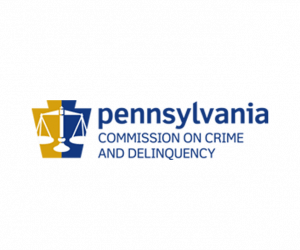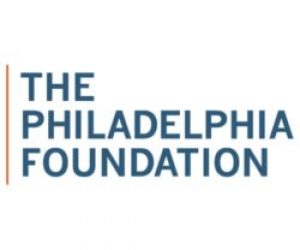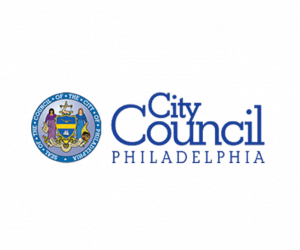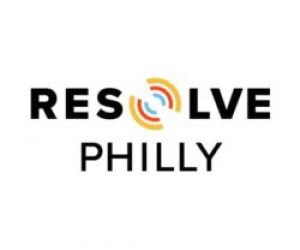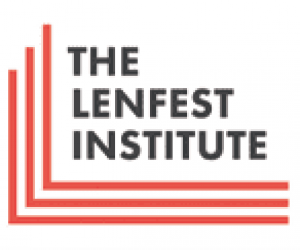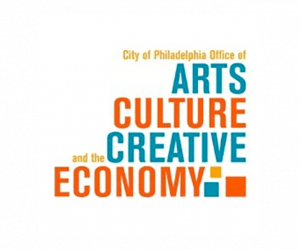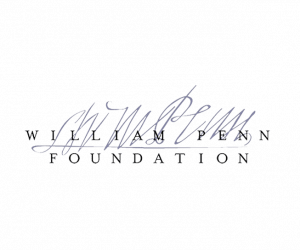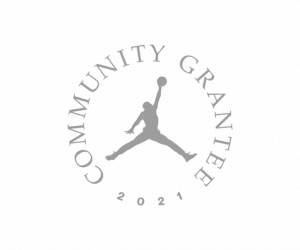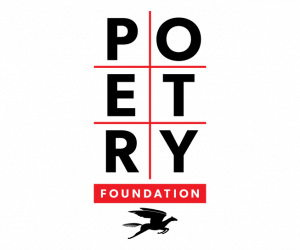Activist Debbie Wei on Love for Community and the Fight to Save Philadelphia’s Chinatown
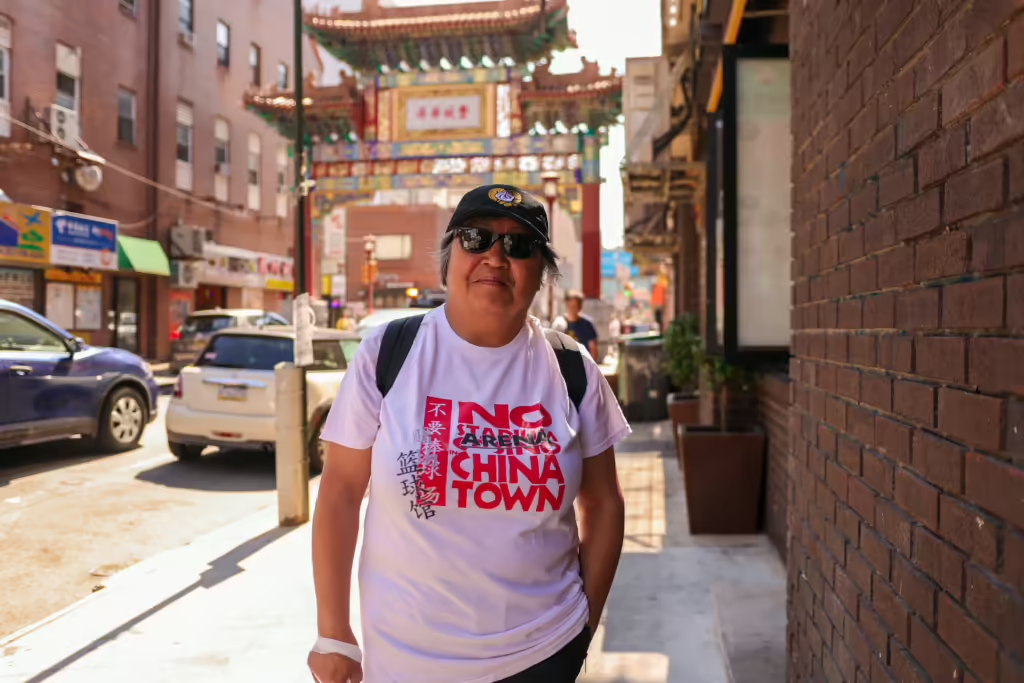
By Andrew Lee
In a just world, Debbie Wei would be resting on her laurels. Debbie’s the co-founder of both Asian Americans United and Chinatown’s Folk-Arts Cultural Treasures Charter School, as well as Philadelphia’s Mid-Autumn Festival. She’s led elementary schools from Santa Monica to New Delhi, and taken on everyone from predatory landlords to white power gangs. In 1985, she sued the Philadelphia school district on behalf of its Asian students. Twenty-five years later, she became the district’s Director for the Office of Multilingual Curriculum and Programs. Along the way, she’s contributed to the defeat of two proposed developments that threatened to gentrify Philadelphia’s Chinatown and became the award-winning author of three books, to boot.
This is the kind of resume that gets you an official commendation from the local government, like the one Debbie received from City Council in March of 2024. But when we met for lunch this fall, at Nan Zhou Hand Drawn Noodle House, Debbie Wei did not look like a new retiree who’d finished a 42-year career as an educator just the week before. A year after unanimously honoring Debbie as, per the resolution in her honor, a “champion of the Philadelphia Chinatown community, now leading their fight for survival against the threat of a basketball arena,” City Council may be trying to doom the community she’s long fought for, once and for all.
The day after Debbie’s retirement, Mayor Cherelle Parker took to Instagram to announce she’d support 76 Place, the proposed downtown basketball arena that would abut Chinatown. Her support of the project may have been a foregone conclusion, but the arena is opposed by an overwhelming majority of Chinatown’s residents. Parker received significant support from the Building and Construction Trades unions, disproportionately powerful supporters of the arena due to its proposed development and the union jobs that would come in its wake. Mayor Parker said she was “excited about the opportunities” upon the initial announcement of the proposed arena in 2022, despite the fact that it threatened to destroy Philadelphia’s Chinatown.
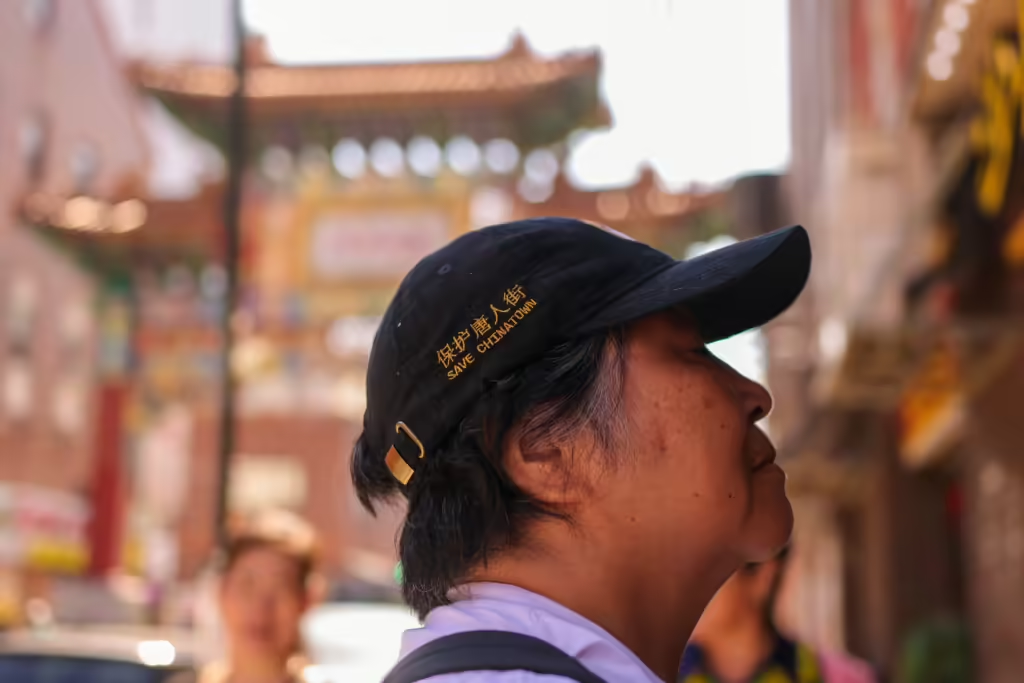
There’s abundant evidence that an adjacent arena would be devastating for Chinatown, with rising rents displacing tenants and game-day traffic starving local restaurants of clientele. The decade after the Capital One Arena was built next to Washington, D.C.’s Chinatown, 90% of the neighborhood was priced out. Last year, the National Trust for Historic Preservation ranked Philadelphia’s Chinatown one of the most endangered historic places in the nation, citing the threat posed by the arena. 76 Place poses such a grave threat to the neighborhood that 94% of Chinatown residents oppose it. Despite this, in her message announcing her support of the arena, Mayor Parker spoke directly to “the good people of Chinatown” to declare: “I see you. I listened to you.”
When I ask Debbie if Parker’s recent endorsement means the fight to save Chinatown is lost, she looks up from her mapo tofu noodles and laughs. “Oh God, no,” she chuckles, reminding me that Mayor Street’s pet project was a proposal to put the Phillies stadium in Chinatown and Mayor Nutter eyed the neighborhood as the site for a casino. The community defeated both.
“We expected Parker to support this thing. She ran on it,” Debbie says. Now, she tells me with a twinkle in her eye, “we can move on to phase two [of the campaign].” And while she isn’t at liberty to discuss the specifics of the next phase of the movement, there’s no hint of resignation or forced hope when she mentions it. If anything, she seems excited.
“This is just the beginning. We have a lot of tools in our toolbox after fighting development for sixty years,” she exclaims. “We’re just getting started.” When I suggest that it doesn’t seem like she’s going to have a very relaxing retirement, Debbie laughs again.
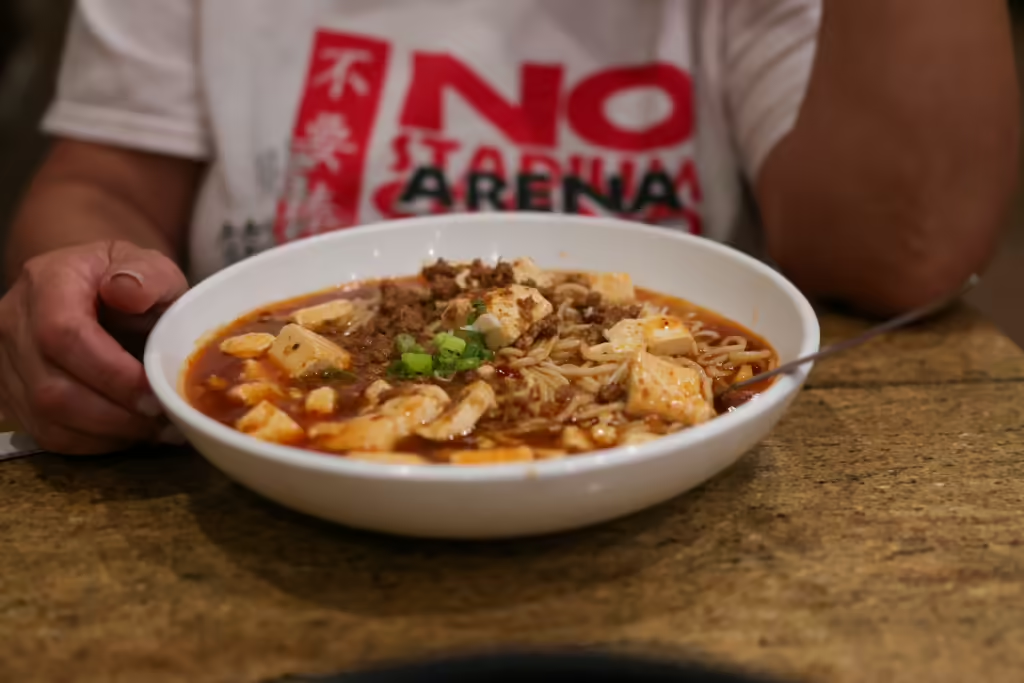
“I don’t think it’s in my DNA to have a very relaxing anything,” she says, particularly while Chinatown faces what she describes as an “existential” threat. She’s ready to go to the mat for this neighborhood; Philadelphia’s Chinatown has played such a formative role in her own identity. After growing up “without any sense of what it means to be Asian,” Debbie holds Chinatown as “a beacon for [her] own racial and cultural identity,” a place that helped her three children grow up with a deeper connection to their community and heritage than she did. Her motivating force is love for community–in Chinatown and beyond.
Communities, Debbie tells me, are what allow us to “confront this obscene need to profit: cutting prices, paying your workers shitty wages, serving crap food because it’s cheaper. If you have relationships with people, you don’t do that to them. You’re not going to put crap in the food if your friend’s kids are going to eat it. Community is dangerous. I think that’s a reason so many communities of color are consistently getting destroyed.”
In this, Debbie Wei offers a radical critique and revolutionary optimism that doesn’t descend from lofty principles or high theory. They grow from the relationships she’s nurtured with the flesh-and-blood people who call Chinatown their home, the heirs to decades of resistance who have carved out a community amidst the violence of imperialism, xenophobia, racial capitalism, and war. In short, she says, “community fucks capitalism up.”
“When the arena fight is over, I will keep fighting. The sheer attack on basic human dignity is all over the globe,” Debbie says. “The capitalists decided the surest way to make a lot of money is to take over basic human needs. Take over food. Take over water, take over housing. That is a type of class warfare we can no longer abide by.”
Following my meal with Debbie, Mayor Cherelle Parker announced that she–not Chinatown’s residents–negotiated a “community benefits agreement” with the Sixers. In this agreement, the 76ers promise they will pay millions of dollars to community programs in exchange for being allowed to construct their arena. Parker says the community benefit agreement means that the owners of the Sixers are “no longer the villain”—though housing activists and scholars raise significant concerns about the enforceability and ultimate impact of such developer-negotiated agreements.
In response, the Save Chinatown campaign urges Philly residents to demand their councilmembers oppose the arena in an upcoming vote and join an in-person campaign event. The next phase of a long fight is upon us, and you, reader, are invited to be a part of it. As Debbie says, “we’re just getting started.”
—
Andrew Lee and Debbie Wei will be in conversation about Chinatown, gentrification, and Andrew’s book Defying Displacement on Thursday, October 3rd, at 6 PM at American Grammar, located at 1046 North Front St., Philadelphia. Free entry!
Editor’s Note: While different from our usual content, we decided to commission and publish this piece because it speaks to the empathy and love that power an important community in Philadelphia. As such, this article was written with great care to the multiple parties and people involved in this fight. This is a moment when the city’s decision about how land is used, valued, and governed will shape the wellness and equity available to present and future Philadelphians. Our purpose in publishing this article is to accurately reflect the voices and calls for justice of Chinatown’s leaders as an act of community love.
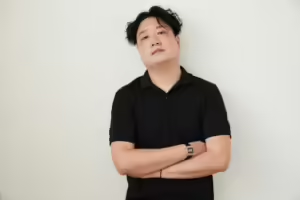
Andrew Lee
Andrew Lee is the Philadelphia-based author of Defying Displacement (AK Press, 2024). His work has appeared in Teen Vogue, YES! Magazine, and The New Inquiry. Lee writes at In Struggle.

